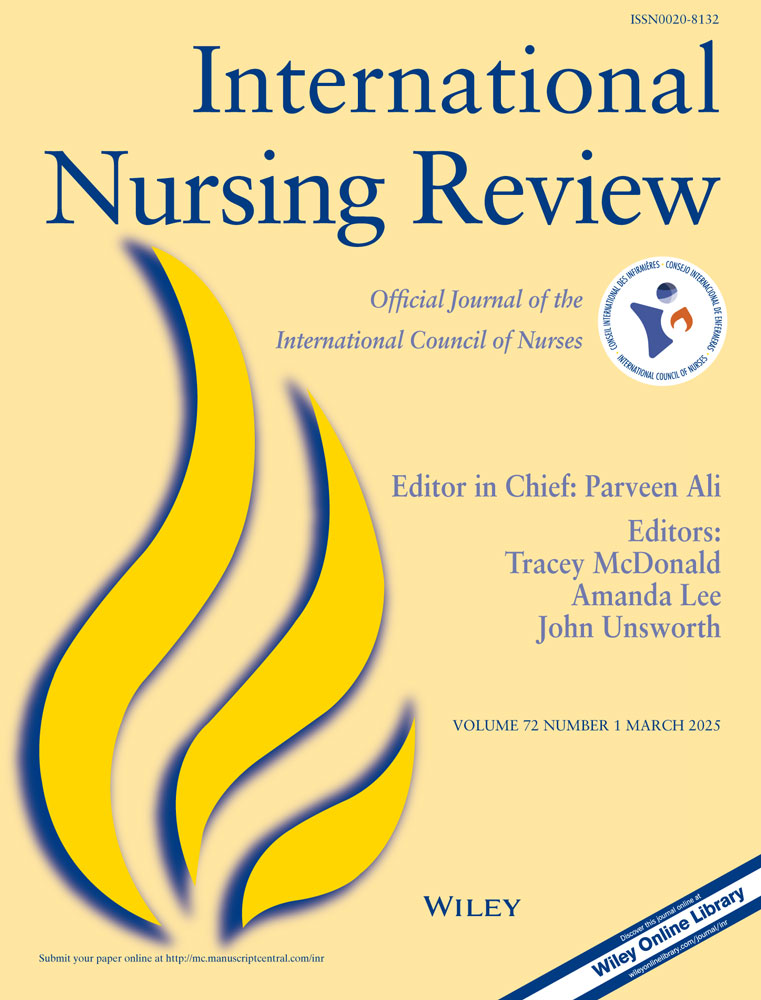Nursing approaches in home chemotherapy: A systematic review
Abstract
Aim
To systematically explore the existing literature by examining nursing approaches to home chemotherapy treatment.
Background
With the rising number of patients with cancer, home chemotherapy has gained prominence. Nurses play a crucial role in this process and bear significant responsibilities.
Introduction
Home chemotherapy is increasingly recognized as a safe and effective alternative, relieving hospitals by managing the rising number of patients with cancer, decreasing workload and costs, and reducing pressure on the healthcare system.
Methods
The study follows the PRISMA 2020 checklist and is registered in the International Prospective Register of Systematic Reviews (PROSPERO). Literature searches were conducted from February 15 to 16, 2024, assisted by an expert librarian, across PubMed, Cochrane Library, Scopus, CINAHL, Web of Science, and Google Scholar. Three researchers assessed the methodological quality of the included studies. EndNote version 20.1 was used to manage references and remove duplicates. Seven studies that met the inclusion criteria were reviewed in full text and included in the analysis.
Results
The study's distribution includes 4 observational studies, 2 cohort studies, and 1 qualitative study. By country, the distribution is Italy (n = 2), England, Japan, the Netherlands, Korea, and Argentina (n = 1 each). Evaluated using Joanna Briggs Institute (JBI) checklists, three studies were of good quality, and four were of medium quality.
Conclusions
Nurses' responsibilities, such as patient education, treatment monitoring, and side effect management, are essential in home care. Therefore, developing evidence-based protocols to guide these practices is necessary.
Conclusion and implications for nursing and/or health policy
Nurses play a crucial role in enhancing treatment adherence by educating patients and their families about the chemotherapy process and managing side effects to prevent complications. Home care services reduce patients' reliance on hospitals, offering economic and psychological benefits. Further research is needed to emphasize the importance of specialized nursing education in this area.
CONFLICT OF INTEREST STATEMENT
The authors declare no conflicts of interest.




